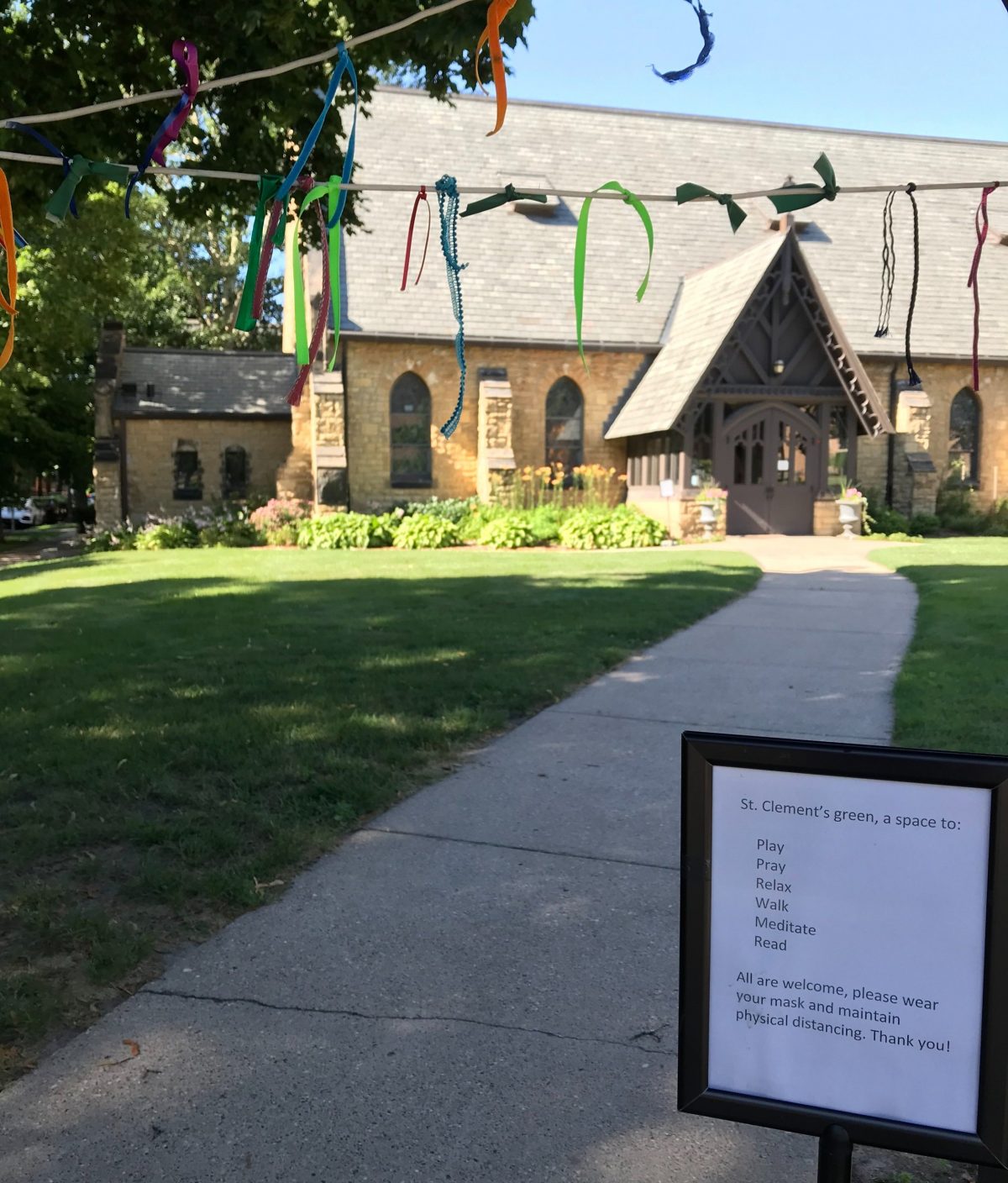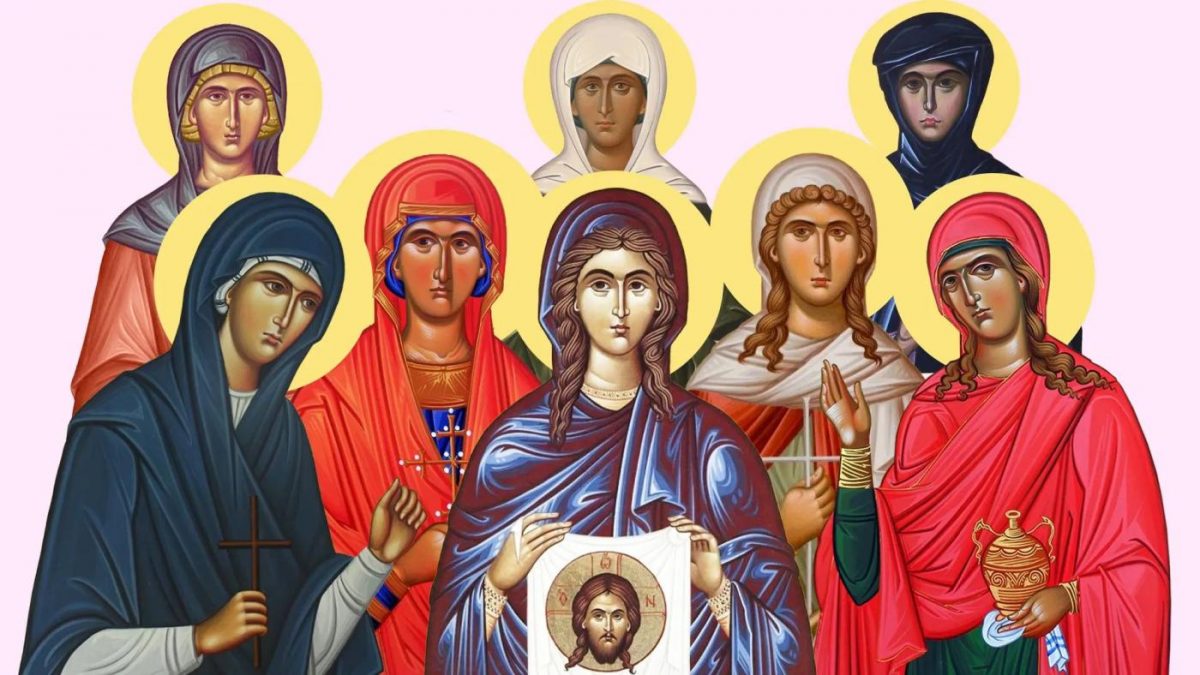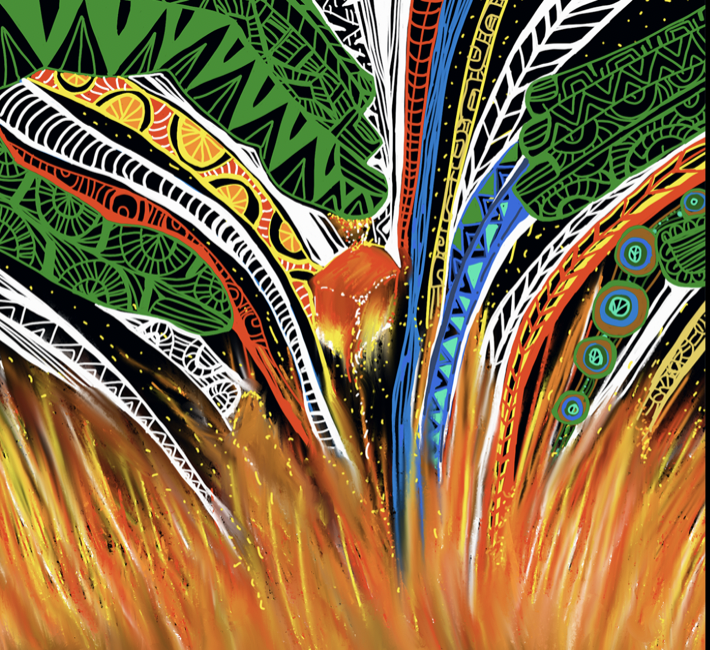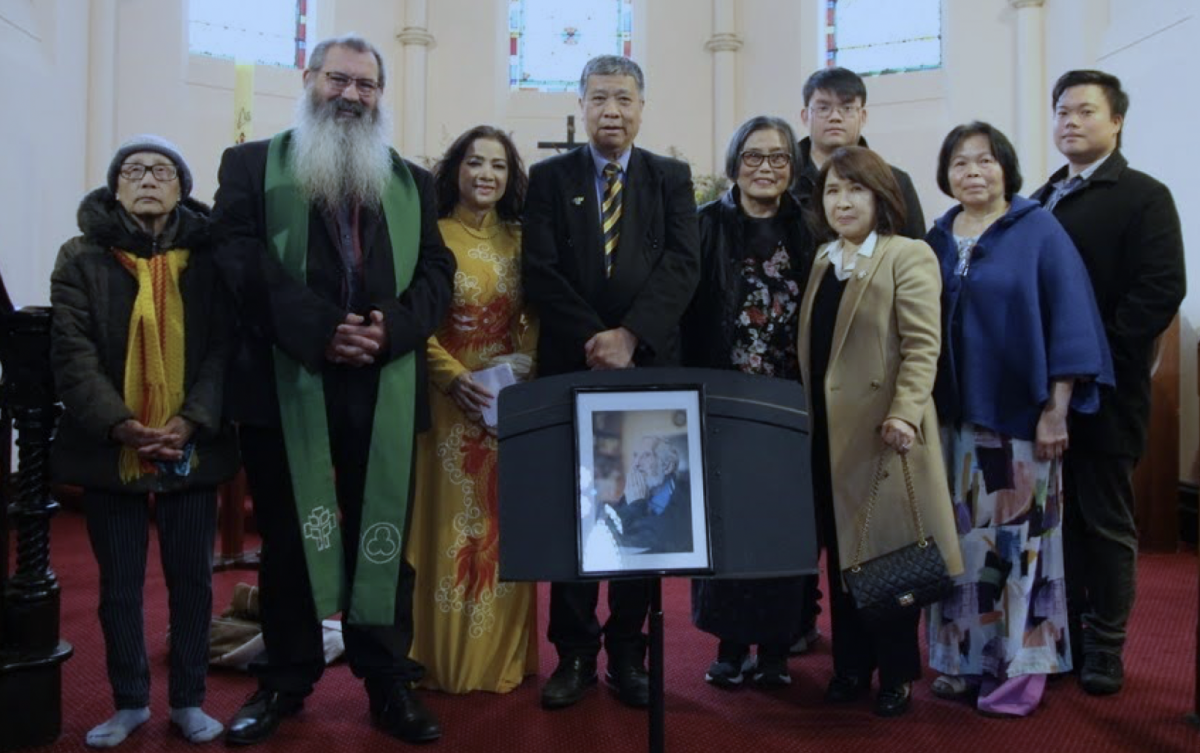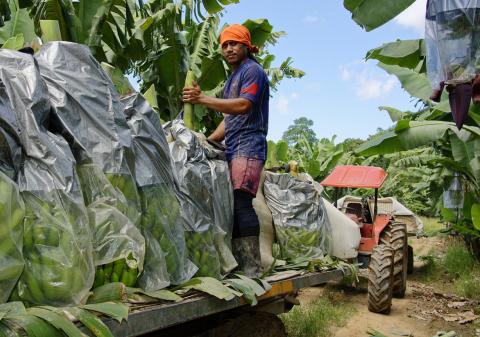This year’s Olympic Games are being held in Paris, France – an already-contentious space for religious expression. France’s law –laïcité, loosely translated as secularism – bans ostentatious displays of faith and religious culture in public sectors like schools and government institutions. Established to separate the Catholic church from French politics, laïcité encourages its citizens to not distinguish themselves by their faith traditions. This rule primarily isolates those of faith traditions that require certain attire, such as some branches of Islam.
Numerous official Olympic chaplains from five major global religions – Christian, Jewish, Hindu, Muslim, and Buddhist – have been preparing a chaplaincy center in the Olympic and Paralympic Village. They plan to create a safe, supportive, positive and respectful spiritual environment for athletes and all involved that is both respectful of different faith traditions and sensitive to France’s regulations. Muslim and Jewish chaplains are intentionally placing themselves next to each other as a model of peaceful coexistence.
The Olympics first enlisted official chaplains in the 1988 Olympic Games in Seoul, South Korea. Following the terrorist attack against the Israeli Olympic team at the 1972 games, the International Olympic Committee recognized a need for care beyond the physical body, and began to put together a team of official chaplains to provide spiritual care to athletes. Olympic chaplains of all faith traditions are seeing to it that athletes are prioritized and cared for, with a focus on familiarity, relationality, and overall spiritual care.
Olympic chaplaincy comes in many forms: through prayer, consoling a losing athlete, offering a listening ear, or sometimes it is, as 2012 chaplain Frankie Mulgrew framed it, “the ministry of hanging around.”
Stuart Weir, the secretary of Major Sports Events Chaplaincy Committee, told Religious News Service that chaplaincy is a critical point of care for Olympic athletes.
“If an athlete understands that they are significant because God created them and loves them, they are free to compete and use the gifts they have been given. They do not have to be successful to prove themselves worthy of God’s love.”
And who better to provide spiritual care to athletes than former athletes themselves? One of the most notable things about Olympic sports chaplains is that some were once athletes, and even Olympians. Madeline Manning Mims won the 800-meter dash in 1968. She was one of the first official chaplains to be invited to the Olympics in 1988. She described, from personal experience, the natural woes of being an athlete and how spirituality can help.
“[I]n competition there is a lot of fear and pain. It’s a part of who an athlete is. And to get through that, to break through that, so that you can produce at your highest level, many of them pray for God’s help”.
American high jumper, Jesse Williams, credits chapels held by chaplains as the driving force behind calming his mind before a competition.
“It’s easy to get lost in the world that we live in and put something like sports before God,” he told Charisma News. “When you go to chapel, you’re humbling yourself and understanding that God needs to go first in everything you do.”
Other athletes may request prayer before an event, attend a chapel service the night before, or simply sit alone in a quiet moment by themselves.
Let the games begin.

